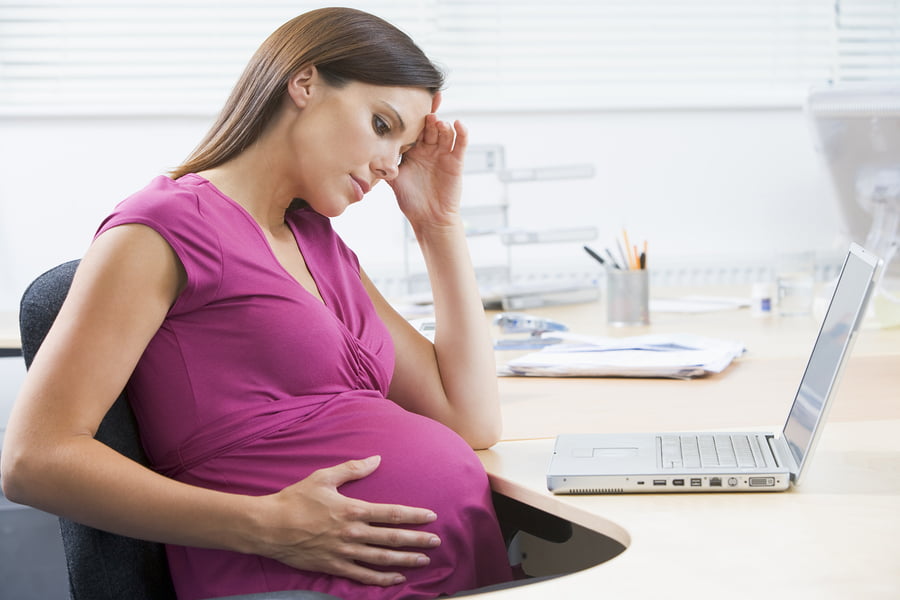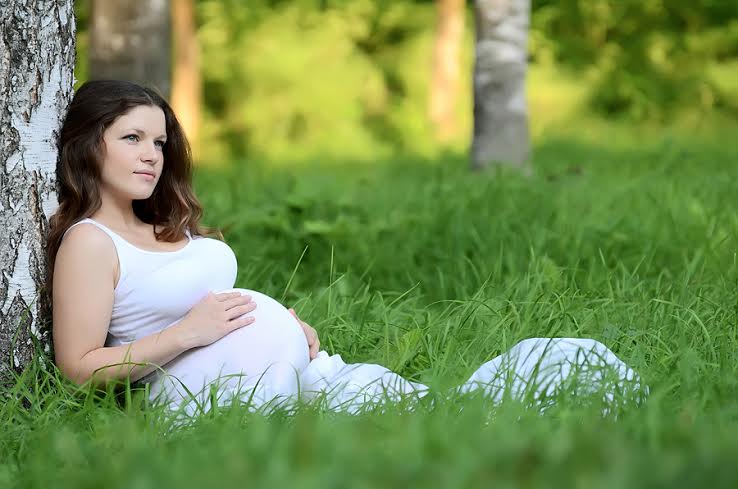Pregnant and tired? Don’t brush it off as just another symptom of pregnancy. You could be suffering from obstructive sleep apnea (OSA).
One in every four pregnant women may suffer from OSA, the recurrent cessation or limitation of normal breathing during sleep. In addition to its being the cause of daytime fatigue, the consequences of untreated OSA include high blood pressure, high blood sugar, and heart disease.
SEE ALSO: Excess Weight During Pregnancy Affects Children’s Health
Sleep apnea is a disorder characterized by pauses in breathing or periods of shallow breathing during sleep. OSA is the most common type of sleep apnea, and is caused by complete or partial obstructions of the upper airway.
According to the Mayo Clinic, this potentially serious condition has several possible treatments: Using a device that keeps your airway open while you sleep; a mouthpiece to thrust your jaw forward during sleep; and, in more severe cases, surgery – which involves removing and repositioning excess tissue in the throat to make the airway wider.
In non-pregnant adults, protocols have been proposed for OSA screening, diagnosis and therapy; however, in pregnant women OSA is not typically diagnosed, is left untreated, and not fully appreciated as a risk factor for negative outcomes for mother and baby.
SEE ALSO: Viral Infection During Pregnancy Can Trigger Diabetes In Babies, Study Finds
Sign up for our free weekly newsletter
SubscribeIn an article recently published in the International Journal of Obstetric Anesthesia, sleep researchers from Israel and the US recommend a new diagnosis, called “gestational sleep apnea” (GSA). This would allow health professionals to properly describe, diagnose and treat OSA in pregnant women, and would parallel other established transient diagnoses of pregnancy, like gestational hypertension and gestational diabetes.
“Currently, there is a lack of uniform criteria to diagnose, treat and classify OSA in the pregnant population, which in turn complicates efforts to determine the risk factors for, and complications of, gestational sleep apnea,” Prof. Yehuda Ginosar of the Hebrew University and Washington University said in a statement.
In terms of diagnosis, doctors and patients may attribute daytime tiredness to “just being pregnant,” rather than to sleep apnea. In terms of treatment, some physicians and patients might consider the disease too temporary to warrant a referral to a sleep-certified physician, which usually requires an overnight sleep study for diagnosis.
The researchers argue that establishing a specific diagnosis of gestational sleep apnea will require further investigation to determine criteria and therapies. But, like in the case of other gestational diseases, it will allow for more targeted surveillance of maternal and fetal outcomes, and facilitate epidemiologic research to monitor the course of the condition from its genesis.
“The time has come for our profession to wake up to the diagnosis of gestational sleep apnea,” said co-author Dr. Suzanne Karan of the University of Rochester. “This will allow us to research obstructive sleep apnea in pregnant women more effectively, and to develop and implement more effective treatments.”
Related posts

Israeli Medical Technologies That Could Change The World

Harnessing Our Own Bodies For Side Effect-Free Weight Loss

Missing Protein Could Unlock Treatment For Aggressive Lung Cancer






Facebook comments